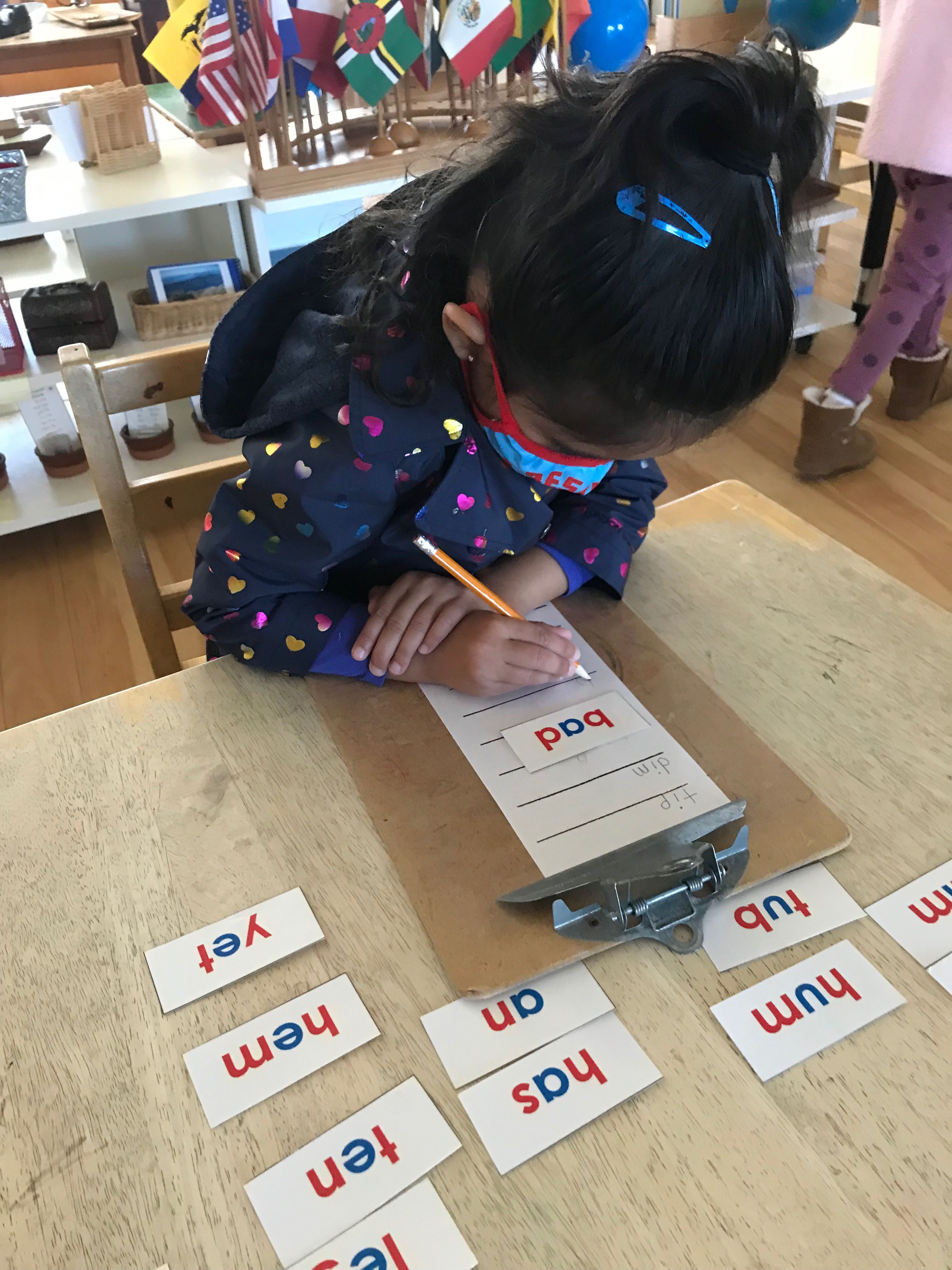(858) 759-0631
As school begins to wind down for the school year, expectations in the class begin to change. In some cases, the older children are being held to a higher standard because they have had the time and experience in the classroom to become role models. In other cases, the "little ones" get away with a bit more because it's almost time for summer vacation. One ongoing theme that reappears every year, both in my home and in the classroom, is "it's not fair!"
Children have a deep sense of fairness. At each stage of development, the concept of fairness differs. For preschool children, the idea of fairness means following the rules and sharing. Elementary children want everyone to be treated equally, and older elementary and middle school-aged children have a keen sense of justice. One of the common phrases that I've grown accustomed to hearing is “that’s not fair!”
The concept of fairness, while felt keenly by children, is not one that they understand easily. The idea that fair does not mean equal requires higher-level thinking and coping skills. Birthdays are a prime example. While the birthday child receives gifts, young children may think “it’s not fair” that they didn’t receive any. A modern approach taken to alleviate hard feelings is to provide each guest with a “goodie bag,” often filled with candy and small gifts. It seems to be the expectation from young party-goers that they will receive goodie bags as compensation for coming to the party. It is, however, an attempt to quell feelings of unfairness.
When children tell us something is unfair, they are protesting the treatment others have received. They may feel left out when an older sibling gets a new backpack and they don’t. Some parents will try to rationalize, telling the upset child something like, “Your brother got a new backpack because you got a new lunchbox last time.” However, the young child cannot equate the two events. In his mind, his sibling got something new and he didn’t.
Other parents may want to avoid a discussion or argument and buy another backpack to ensure that the children receive equal treatment. I made this mistake and I guarantee that it will backfire down the road as objects become larger and more expensive. Imagine when the child is 16 years old, the argument going something like this: “It’s not fair! I don’t know why you won’t buy me a new car when you bought my brother one.” It may be that the family needed a new car a few years ago and the timing coincided with the older brother learning to drive, but the expectation for equal treatment was established long ago.
When we interpret the words “it’s not fair” to mean “I don’t like this,” we understand that the child is simply vocalizing disappointment at the situation. Helping children understand their feelings also helps them develop a healthy vocabulary with which to express themselves. Using “I” statements that reflect their emotions, such as “I know you are disappointed not to get a new backpack today,” helps children process emotions and teaches them to delay gratification and tolerate disappointment, both of which are important foundations for independence. Don't get these "I" statements confused with the "I feel" statements - they are two separate forms of communication!
Both parents and teachers play an important role in developing children’s sense of fairness. Having clear rules for everyone to follow and establishing consistent consequences when rules are not followed is a good start. It is vitally important to have consistency both in the home and the school environment.
Other ideas include:
· Showing children how to take turns regularly when playing games
· Establish expectations for everyone to follow the rules in games
· Ensure that all the children finish a game, even if someone is losing - this is very important for preschool-aged children
· Listen carefully to a child’s explanation of the situation
· Guiding children to accept consequences for their behavior
· Making expectations clear and predictable
· Validating the children’s feelings rather than simply stating “life is not fair,” or responding with sarcasm, which young children cannot understand
· Modeling how to treat everyone with respect
We have all, at one point, been treated unfairly. It is up to us as role models to help young children learn to handle disappointment with grace.
-Grasshopper Teacher

